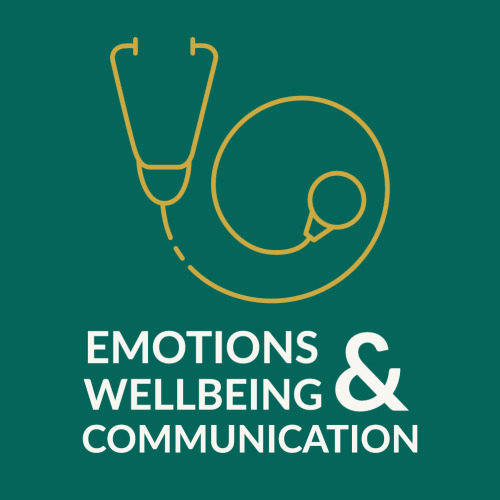The PRESENCE study: Palliative care professionals’ Reactions, Experiences and Self-awareness of Emotions iN Clinical Encounters
The overarching aim of this study is to explore how palliative care professionals use their emotions in the delivery of palliative care. To achieve this, we are interested in understanding the type and intensity of emotions experienced by palliative care professionals, as well as how and when they use their emotions in the care of patients and or their relatives. Similarly, we want to know more about the effects of integrating emotions in palliative care, the barriers and the facilitators to using emotions in palliative care practice, and about how emotions can be used in patient care.
Methodology: We employ an exploratory sequential mixed methods study design, starting with a qualitative study, and followed by a quantitative study. Both studies will be conducted internationally. For the qualitative study, data will be collected via individual interviews while the quantitative approach will employ an online cross-sectional survey to collect data from a larger group of stakeholders. In a final phase, the results of the first two studies will be combined to produce a more comprehensive understanding of how palliative care professionals’ emotions can be integrated in patient care (see Figure 1).
Significance: One of the main achievements of the study will be to expand the existing knowledge about how the emotions of health care professionals can be used to support the provision of care in emotionally laden contexts. As the study will entail in-depth interviewing and will explore views and attitudes at a large scale, ways on how self-reflection and the emotional responses of palliative care professionals can be used more effectively in medical practice can be defined. This is important not only for the wellbeing of the clinicians practicing in these care contexts, but also because of its direct impact on patient care. In this respect, this study has the potential to impact how people die, how health care professionals cope with these aspects of their work, how they are trained, and ultimately how they address end of life topics with dying patients and their families, not only in Switzerland, but also internationally.


Figure 1. Overall research design of the ‘PRESENCE’ study
Coordinating researcher: Katrien Moens – Katrien.Moens@unibe.ch
Funding: This study is financed by the Swiss National Science Foundation: grant number PCEFP1-194177
DO YOU PROVIDE PALLIATIVE CARE?
SHARE YOUR THOUGHTS ON THE PLACE OF EMOTIONS IN PALLIATIVE CARE PRACTICE!
WHO CAN PARTICIPATE?
Health care professionals working in palliative care in any country, including:
- nurses, physicians, physiotherapists, psychologists, and social workers
- working in different palliative care settings
- working full-time, or part-time including those combining work in palliative and non-palliative care settings
- working with adult and/or paediatric palliative care patients
- with different levels of palliative care experience
HOW TO PARTICIPATE
Participation entails completion of an online survey that takes about 30 minutes. The survey contains questions on your background, as well as experiences, perceptions, attitudes, current practice, and support you feel is needed regarding emotions in clinical care.
Participation is completely voluntary and the data provided will be treated confidentially and anonymously.
The survey is available in 7 languages: Dutch, English, French, German, Italian, Portuguese, and Spanish.
SURVEY ACCESS: https://redcap.link/919khuzw

ETHICS
The study was exempted from review by the Cantonal Ethics Committee, Bern (REF: req-2025-00477)
WHAT DO WE WANT TO ACHIEVE?
Your insights will help us understand the place of professionals’ own emotions in the practice of palliative care, as well as potential support needed to strengthen emotion-related skills in healthcare.
FROM THE CORE RESEARCH TEAM, THANK YOU FOR YOUR INTEREST IN THE STUDY!!
Prof. Sofia C. Zambrano, Prof. Johan Bilsen, Prof. Stephen Connor, and Katrien Moens
FOR QUESTIONS: Please reach out to the coordinator of the survey: Katrien.Moens@unibe.ch
